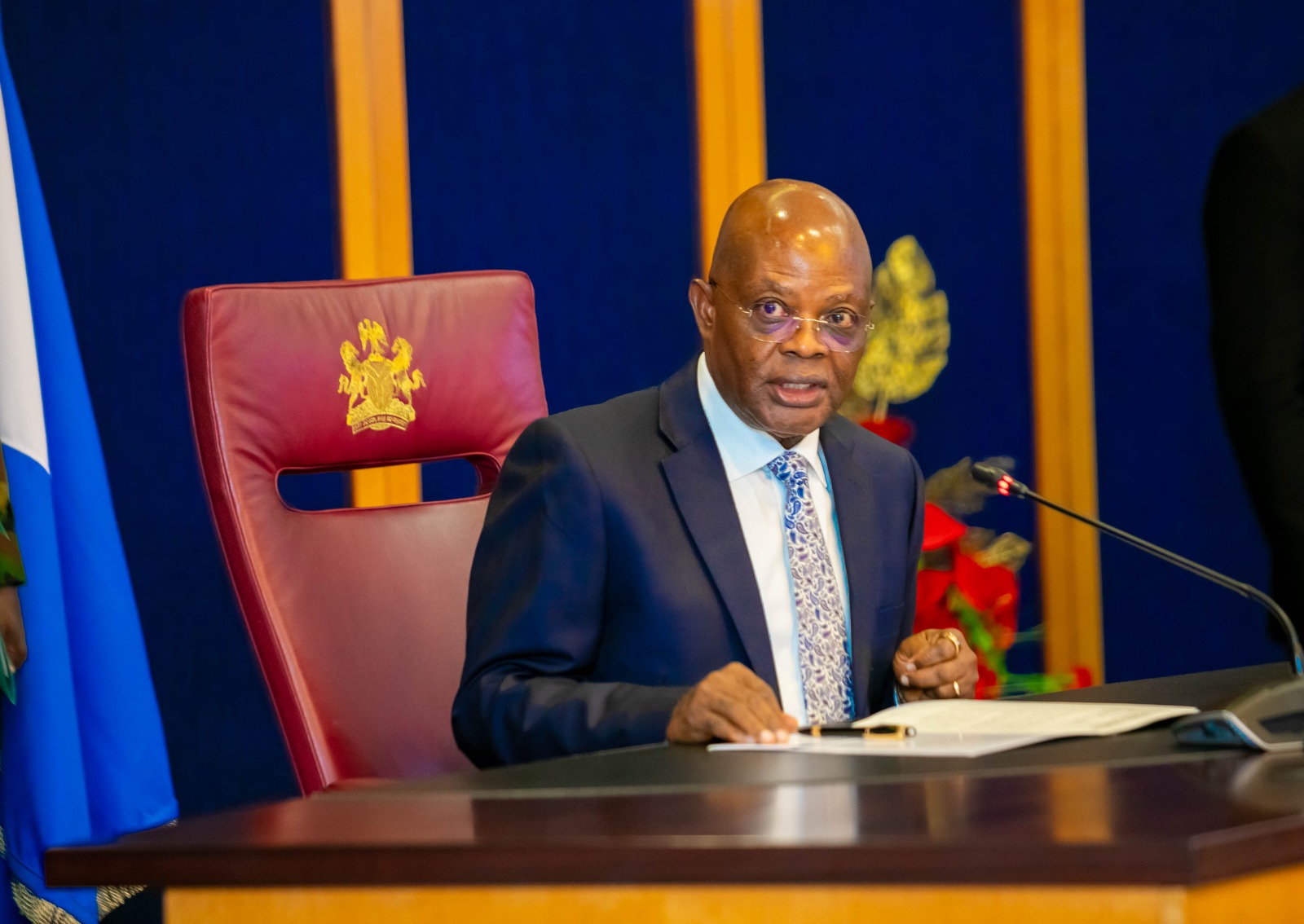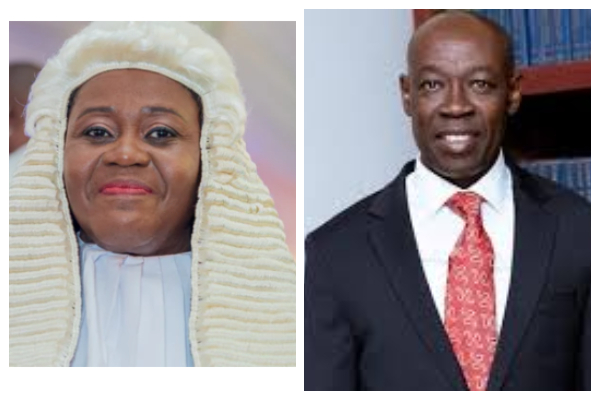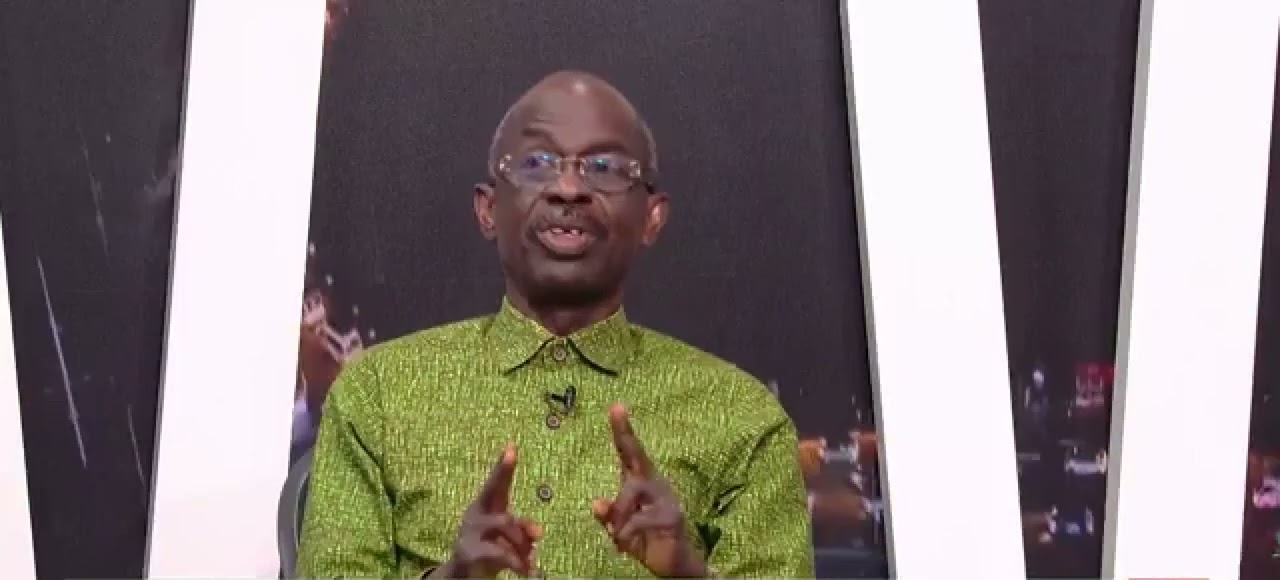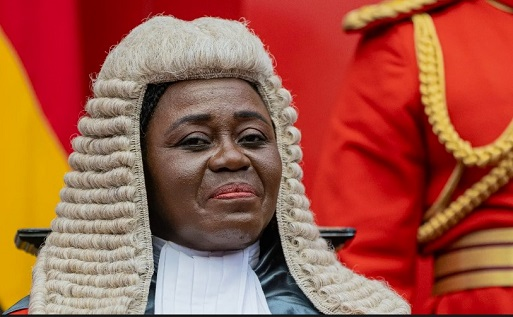Ghana Vets New Envoys Amid Economic Reset Drive
President John Dramani Mahama’s nominations, formalized in a June 10, 2025 presidential letter, position the envoys to advance Ghana’s economic agenda during critical negotiations for a $370 million IMF disbursement expected in July.
The appointments adhere to constitutional requirements under Articles 40 and 74 mandating diplomatic promotion of national interests and Council of State consultation. Ambassadors’ duties under the Diplomatic Relations Act 1962 prioritize trade advancement, diaspora engagement, and citizen protection, granting Parliament’s Appointments Committee substantive oversight during confirmation hearings.
These envoys will spearhead implementation of Ghana’s eight-pillar economic reset unveiled May 26, 2025, targeting capital market reopening and $2 billion annual FDI. Core responsibilities include facilitating bankable investment projects through regulatory processes, leveraging UNCTAD-reported FDI growth from $1.308 billion (2023) to $1.669 billion (2024); securitizing remittances via new diaspora bonds; managing national reputation; and providing real-time security reporting on geopolitical risks affecting fiscal stability.
The appointments follow mixed diplomatic results. Past successes include securing African Development Bank funding for the Pokuase interchange and maintaining UK cocoa tariffs, while recent challenges involve a May 2025 visa-fraud probe that temporarily closed Ghana’s Washington embassy amid declining West African FDI share.
Foreign Affairs officials are implementing a performance framework linking 30% of envoys’ annual appraisal to economic outcomes: facilitated deal values, export market access, bond uptake, and consular efficiency. Sector-specific attachés will join key missions to pursue climate and digital partnerships, with audit units conducting spot-checks to prevent financial irregularities.
This diplomatic recalibration directly supports Ghana’s economic stabilization, relying on ambassadors to secure foreign investment, maintain remittance flows, and protect national reputation. Their effectiveness will significantly influence the IMF program’s continuity and bond market reopening, with parliamentary scrutiny ensuring accountability for measurable results.
Follow on Google News











